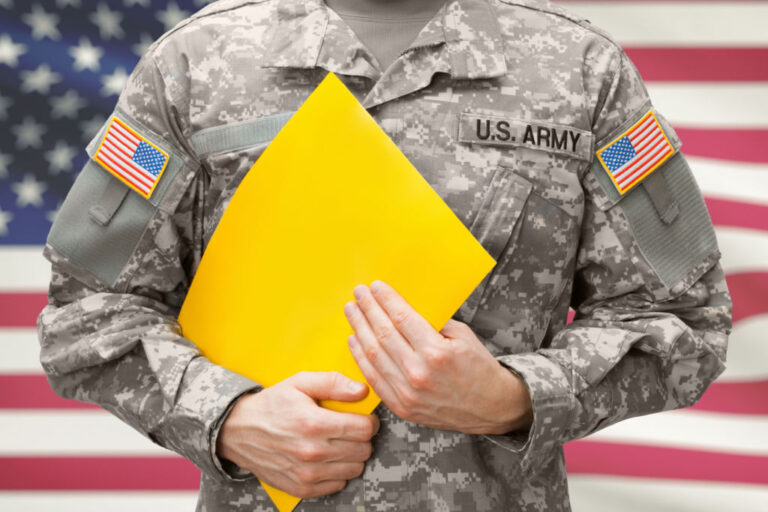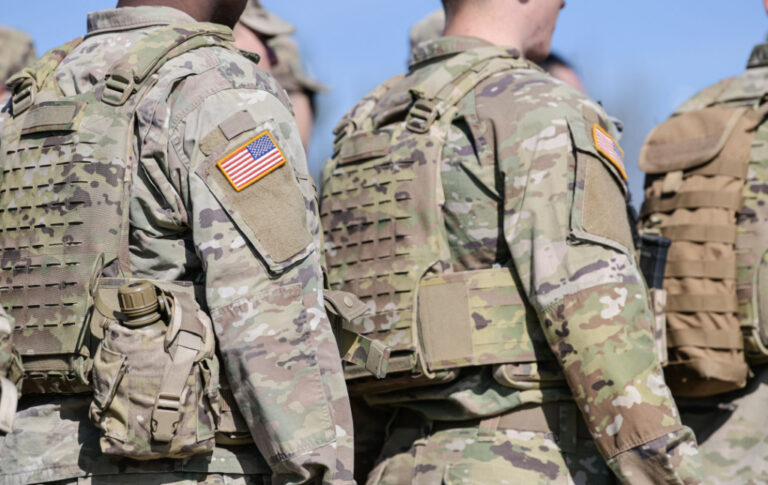The idea of an automatic military discharge upgrade is a common misconception. Many veterans believe their discharge characterization, such as Other Than Honorable (OTH) or General (Under Honorable Conditions) will improve over time. This is unfortunately not the case. Military discharge upgrades require a proactive approach and meeting specific criteria.
Understanding Military Discharge Characterizations
Understanding the different discharge characterizations is crucial. The most common ones are:
- Honorable: This signifies faithful service and adherence to military standards. It grants access to the full range of VA benefits.
- General (Under Honorable Conditions): This indicates some performance or conduct issues but not enough to warrant a dishonorable discharge. VA benefits access may be limited.
- Other Than Honorable (OTH): This signifies misconduct that doesn’t rise to the level of a court-martial conviction. Eligibility for some VA benefits is restricted.
- Bad Conduct Discharge (BCD): This results from a court-martial conviction. It carries significant restrictions on VA benefits.
- Dishonorable Discharge: This is the most severe, typically arising from serious crimes. It disqualifies veterans from most VA benefits.

No Automatic Military Discharge Upgrades
The concept of an automatic upgrade after a certain period, often six months, is a myth. Discharges remain as assigned unless actively challenged. Veterans seeking an upgrade must demonstrate a compelling reason and provide documentation to support their case.
Grounds for Upgrade Requests
Several factors might justify a discharge upgrade request:
- Errors in Discharge Processing: Administrative mistakes or procedural irregularities during the discharge process can be grounds for review.
- New Evidence: If new medical documentation reveals a service-connected condition impacting your behavior at the time of discharge, it can strengthen your case.
- Character Rehabilitation: Demonstrating a positive lifestyle change and contributions to society since discharge can be considered.
- Changes in Military Policy: Sometimes, discharges considered negative under past policies are reevaluated under current standards, leading to potential upgrades.
The Military Discharge Review Process
Each military branch has a Discharge Review Board (DRB) that reviews upgrade requests. The process typically involves:
- Application Submission: Veterans file a formal application (DD Form 293) with supporting documentation.
- Board Review: The DRB reviews the application and supporting materials.
- Decision and Notification: The Board issues a written decision on the upgrade request. Veterans receive notification regardless of the outcome.
Appealing a Denial
If an upgrade request is denied, veterans have the right to appeal within a specific timeframe. Legal assistance such as experienced veterans’ benefits attorneys can be invaluable during the appeals process.
Importance of Proactive Action
Delaying an upgrade request can make it more challenging. Memories fade, and obtaining relevant documentation becomes more difficult over time. Additionally, some benefits, like education assistance for dependents, have time limitations for eligibility.
Conclusion
Military discharge upgrades are not automatic. Veterans seeking to improve their discharge characterization must take a proactive approach. Understanding the grounds for upgrade requests, the review process, and available resources is crucial. With proper documentation and, when necessary, legal support, veterans can pursue the discharge they deserve and potentially unlock access to valuable benefits.
If you or a family member needs help with a military discharge upgrade, don’t hesitate to get in touch with the professionals at Veterans Law Attorneys. Attorney Maxwell Kinman services the needs of veterans who deserve a discharge upgrade.





